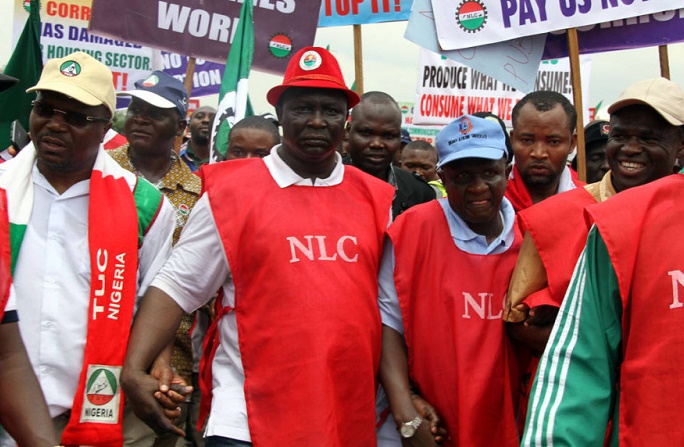The Trade Union Congress of Nigeria (TUC) on Friday raised concerns over influx of foreign artisans in the name of expatriates into Nigeria.
The union also stressed the need for it to be checked.
Mr Quadri Olaleye, newly elected President of the TUC spoke at an interactive with newsmen in Lagos.
According to Olaleye, Nigerian construction industry is grossly affected by the issue of technology transfer, which is critical in a developing country.
He said that expatriates, who were supposed to be employed where local employees lacked capacity, had taken jobs where Nigerians had competence in.
”The ratio of the expatriate to local senior staff in some multinational companies in Nigeria is “as high as 10 ratio to one,” he said.
The newly elected president further said that the administration would focus on ensuring contract for casual workers were standardised.
Read Also: JUST IN: Police arrest woman for biting boy friend’s manhood to escape rape
”We want to prevent outsource workers from being maltreated. Even as casuals they should be paid their right benefits and entitlements at work,” Olaleye said.
On the African Continental Free Trade Agreement (AfCFTA) the labour leader warned that Nigeria could not remain a consuming nation if it wanted to fully benefit from the trade deal.
He said it had become imperative for the country to expand its productive base and make efforts to create an environment that would support productive activities within the economy.
“The reason the debate to sign or not to sign the agreement raged for over a year is because Nigeria is deficient in infrastructure and also majorly a consuming nation.
”The TUC is in support of the signing of the deal by the President, there are, however, issues of concern which the managers of the economy must address,” the TUC president said.
Read Also: Fayemi pays outstanding salaries, allowances of Fayose’s appointees
He also said that power was critical to the manufacturing sector because Nigeria had the population but lacked basic infrastructure capable of making industries thrive.
He said the gain of Nigeria depended on its ability to push its goods across the borders.
He said that the energy sector had to be improved to boost productivity and lower cost of production.
He also said there was need to source raw materials locally, adding that government must make the AfCFTA serve Nigeria’s interest. (NAN)



Leave a Reply